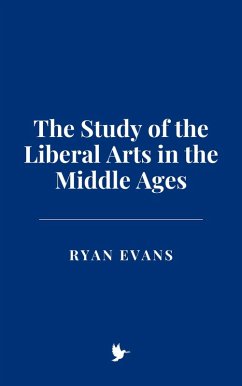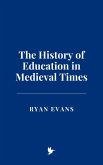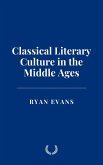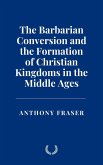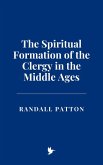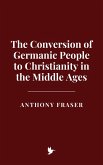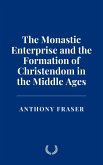The book also delves into the challenges to this system brought about by the rise of humanism during the Renaissance, the intellectual transformations prompted by the Reformation, and the eventual transition toward modern thought. By examining key figures, concepts, and primary sources, including the works of Petrarch, Dante, Christine de Pizan, and others, the book illuminates how medieval intellectual traditions were transmitted and adapted in the early modern period.
Through the study of art, literature, and philosophy, it demonstrates how medieval education, though focused on religious and moral aims, contributed to the broader intellectual culture that would shape the Renaissance, the Enlightenment, and beyond. Ultimately, the book emphasizes the lasting legacy of medieval thought in shaping contemporary education, science, law, and political philosophy, ensuring that the principles of the liberal arts continue to influence modern intellectual life.
Dieser Download kann aus rechtlichen Gründen nur mit Rechnungsadresse in A, B, CY, CZ, D, DK, EW, E, FIN, F, GR, H, IRL, I, LT, L, LR, M, NL, PL, P, R, S, SLO, SK ausgeliefert werden.

